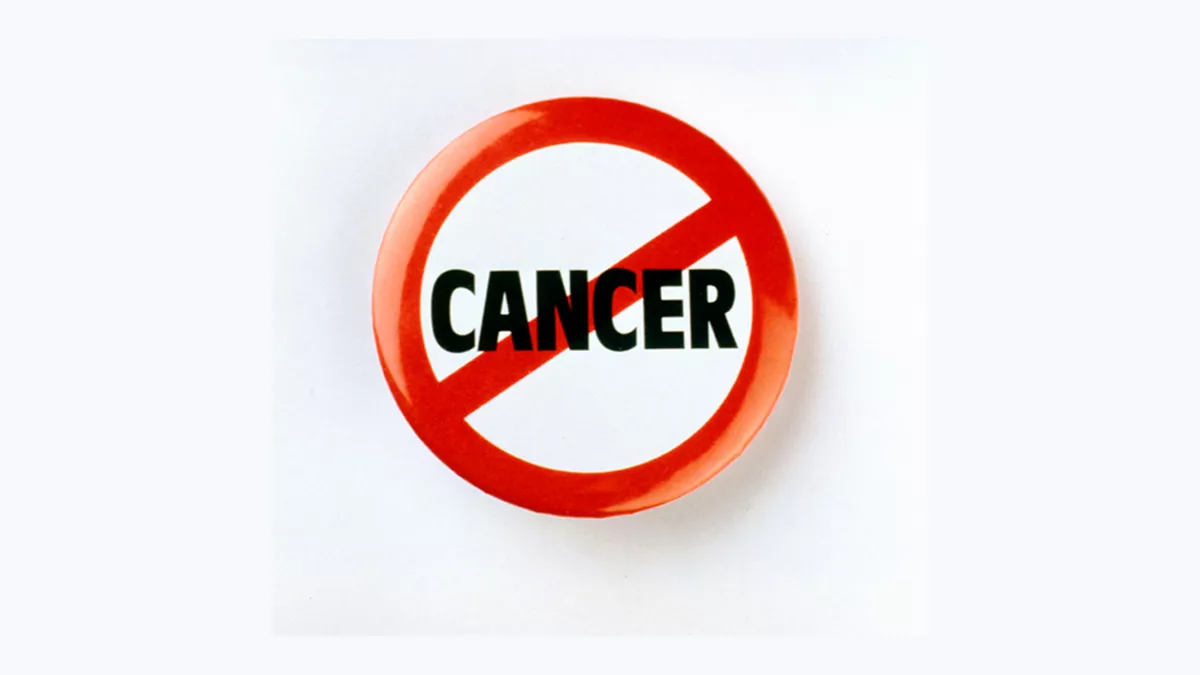Sharjah Declaration 3.0 was unveiled at the Cervical Cancer Forum; intends to eliminate cervical cancer in the Arab region
20 Feb 2023
News
A document setting ambitious goals to eliminate cervical cancer in the Arab region has been unveiled in Sharjah. Sharjah Declaration 3.0 was unveiled during the recent Cervical Cancer Forum (CCF). The declaration emphasises the importance of sustained collaboration and partnerships between governments, healthcare providers, and civil society organisations, as well as the need for increased investment in cervical cancer prevention, screening, and treatment programmes.
The declaration was endorsed by representatives of governments, academia, international organisations, and advocates who pledged their commitment to improving access to vaccines, screenings, treatment, and palliative care for human papillomavirus (HPV) and cervical cancer in the Arab region. It aims to eliminate cervical cancer and HPV by establishing a regional hub for cervical cancer elimination advocacy in the Eastern Mediterranean and Arab Region (EMRO).
Abdul Rahman Al Owais, UAE Minister of Health and Prevention, said: “Our partnership with key stakeholders and the Friends of Cancer Patients (FoCP) has enabled us to launch the National Cancer Control Plan and incorporate the HPV vaccine into our national vaccination programme, achieving an 82 per cent coverage rate for two doses.”
The two-day virtual CCF forum, organised by FOCP, was attended by a group of participants from across the globe, including policymakers, healthcare professionals, researchers, and representatives from international organisations such as the United Nations Population Fund (UNFPA) and the World Health Organization (WHO).
Sawson Jaafar, the chairperson of FoCP board of directors, said: "Our collective goal is to eliminate cervical cancer, and we believe that through the progress we have made, the development of an action plan, and the commitment to our goals, we can move closer to relieving the world of this debilitating condition."
Dr Lamia Mohmoud, regional adviser, Non-communicable Diseases Prevention (NCP) (WHO-EMRO), said a regional cervical cancer elimination strategy, launched on January 11, 2023, was developed through a comprehensive and inclusive process. A survey engaged with 20 out of 22 member states in the region to gather information on the ground and looked into three streams of work proposed in the global strategy: HPV vaccination, HPV screening, and cervical cancer treatment.
She added that the survey found that only three countries had HPV vaccination programmes in place and eight had plans to implement them. “The biggest barriers to HPV vaccination were stigma around HPV and safety concerns, and the cost of the programme was mainly a concern for middle and low-income countries. Some countries also mentioned the lack of political will as a barrier. The survey found that most countries considered it possible to achieve 90 per cent HPV vaccination coverage in 15-year-olds. The survey also found that the lack of infrastructure was a barrier to implementing HPV screening programmes."
